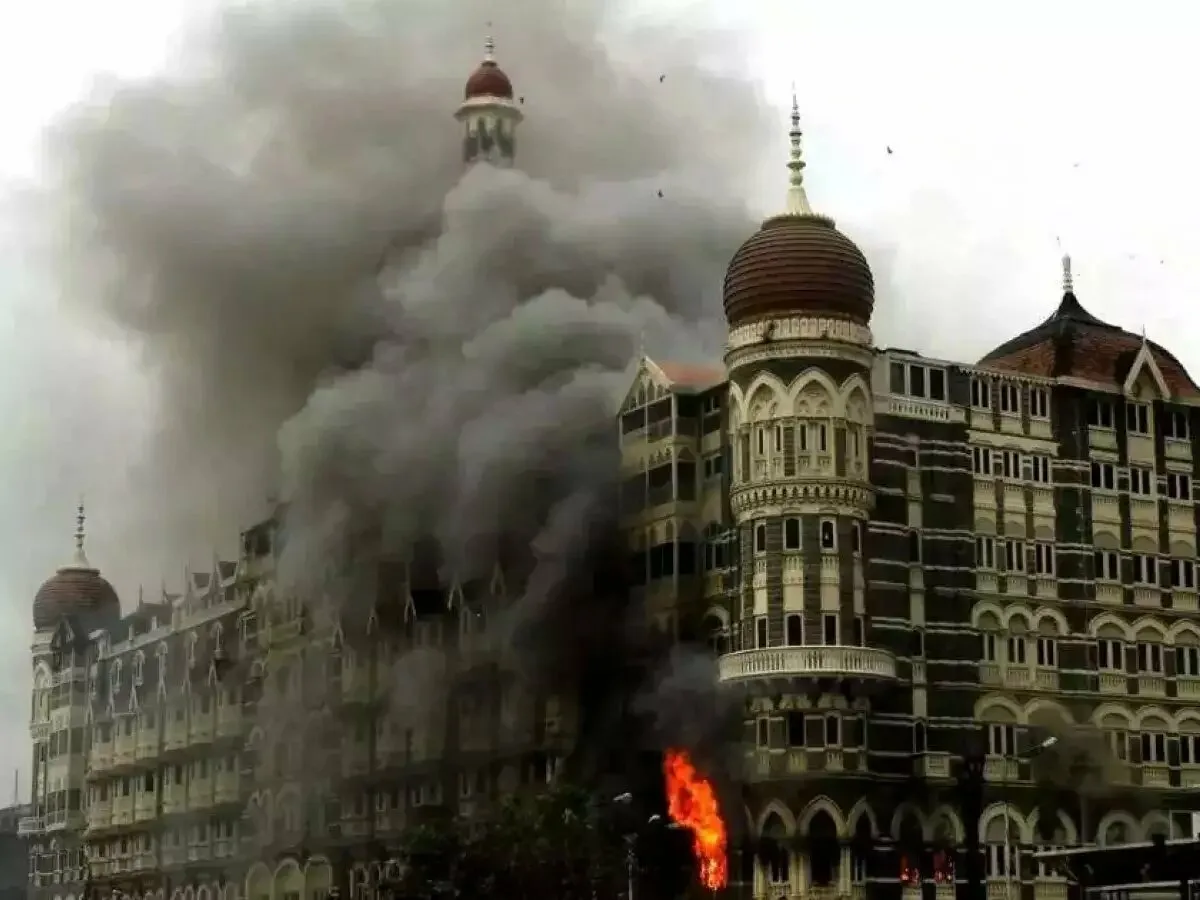
The US Supreme Court has authorized the extradition of Tahawwur Rana, a Canadian citizen of Pakistani origin, to India in connection with the 2008 Mumbai terror attacks. India has long sought Rana’s extradition for his alleged role in the attacks that claimed over 160 lives. Rana, currently detained at the Metropolitan Detention Center in Los Angeles, has been accused of working alongside Pakistani-American terrorist David Coleman Headley, a key conspirator in the attacks. Despite exhausting multiple appeals in US courts, including the US Court of Appeals for the Ninth Circuit in San Francisco, Rana’s final attempt to avoid extradition through a Supreme Court petition was denied on January 21.
Rana’s legal defense argued that extraditing him to India would violate the principle of double jeopardy, as he had been acquitted of related charges in a Chicago court. However, the US government opposed this argument, maintaining that the charges brought by India differ from those in the US case. US Solicitor General Elizabeth B. Prelogar contended that India’s extradition request includes allegations, such as forgery, that were not part of the charges in the US. The government further stated that the jury’s decision in Rana’s US trial did not necessarily acquit him of all specific acts cited in India’s case, thereby justifying his extradition.
Following the Supreme Court’s rejection of Rana’s petition, his extradition to India is now expected to take place soon. The ruling marks a significant step in India’s efforts to bring those responsible for the 26/11 attacks to justice. Once extradited, Rana will face trial in India for his alleged involvement in planning and facilitating the attacks, which targeted multiple locations across Mumbai, including the Taj Mahal Palace Hotel and Chhatrapati Shivaji Terminus.

Post Your Comments